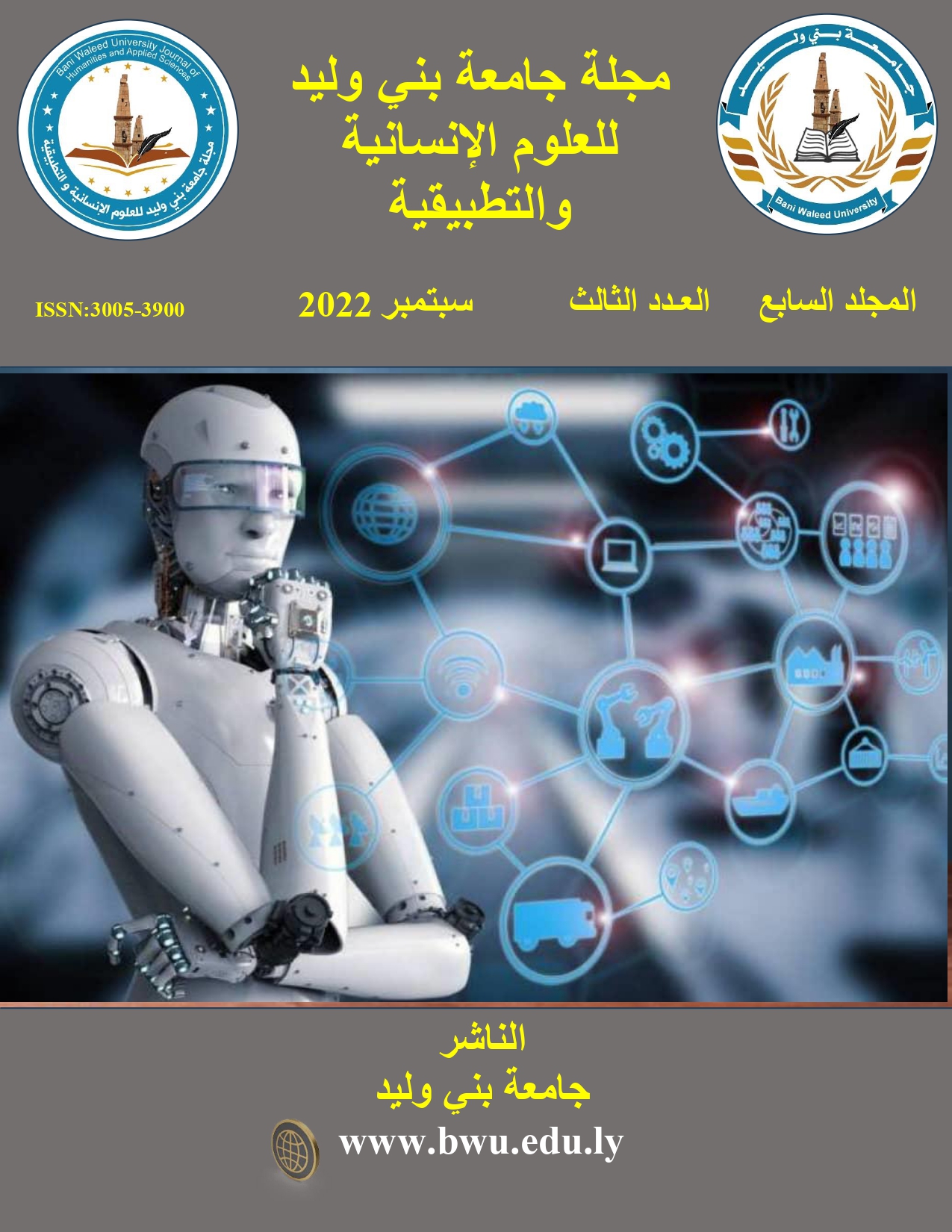Integrating Activity-Based Pedagogy and Process Drama in the Classroom/EFL
DOI:
https://doi.org/10.58916/jhas.v7i3.618Keywords:
theater, theater courses, language skills, improvisation, suggestion, language learning, pedagogyAbstract
Theater/drama is an art form that conveys feelings and emotions, thoughts and concerns from the history of human civilization. Theater and drama have been used and defined in many ways for educational purposes. By integrating the four basic language skills (LSRW), they can be effectively assimilated in language classes to achieve communication goals. It is a powerful tool for engaging students in your content. The drama of this course will engage students in a social context in which they can think, imagine, speak, manipulate specific materials, and share perspectives on a variety of social issues. This study follows a quantitative method of collecting data from respondents. Students' perspectives on the use of drama course techniques are also explored.
This article aims to explore key issues and problems in real classroom situations that teachers face. In addition, this article examines in detail how the activities of process drama can be assimilated into a foreign language class. Strategies and activities for acting, visualization, role play, and spreadsheets emphasize how they can be used in the classroom. It also aims to discuss how process drama can be effectively applied to improvisation in English teaching in the context of EFL.
Downloads
References
Bolton, G. M. (1979). Towards a theory of drama in education. London: Longman.
Bolton, G. M., Dobson, W. (1983). Drama in education, learning medium or arts process? London: Published by NATD in association with the Longman Group.
Heathcote, D., & Bolton, G. M. (2010). Drama for learning: Dorothy Heathcote's mantle of the expert approach to education. Portmouth, NH: Heinemann.
Heathcote, D., Robinson, K., & Riverside Drama Conference. (1980). Exploring theatre and education. London: Heinemann.
Kao, S.-M., & O'Neill, C. (1998). Words into worlds: learning a second language through process drama. Stamford, Conn: Ablex.
Maley, A., & Duff, A. (2013). Drama techniques in language learning. Cambridge: Cambridge University Press.
O'Neill, C. (1995). Drama worlds. Portsmouth, N.H: Heinemann.
O'Neill, C., & Lambert, A. (1995). Drama structures: A practical handbook for teachers. Portsmouth, NH: Heinemann.
Slade, P. (1980). Child drama. London: Hodder and Stoughton.
Wagner, B. J. (2007). Dorothy Heathcote: Drama as a learning medium. Portsmouth, N.H: Heinemann.
Wagner, B. J. (2007). Educational drama and language arts: What research shows. Portsmouth, NH: Heinemann.
Ward, W. (1930). Creative dramatics. New York: D. Appleton and Company.
Way, B. (1998). Development through drama. Amherst, N.Y: Humanity Books













